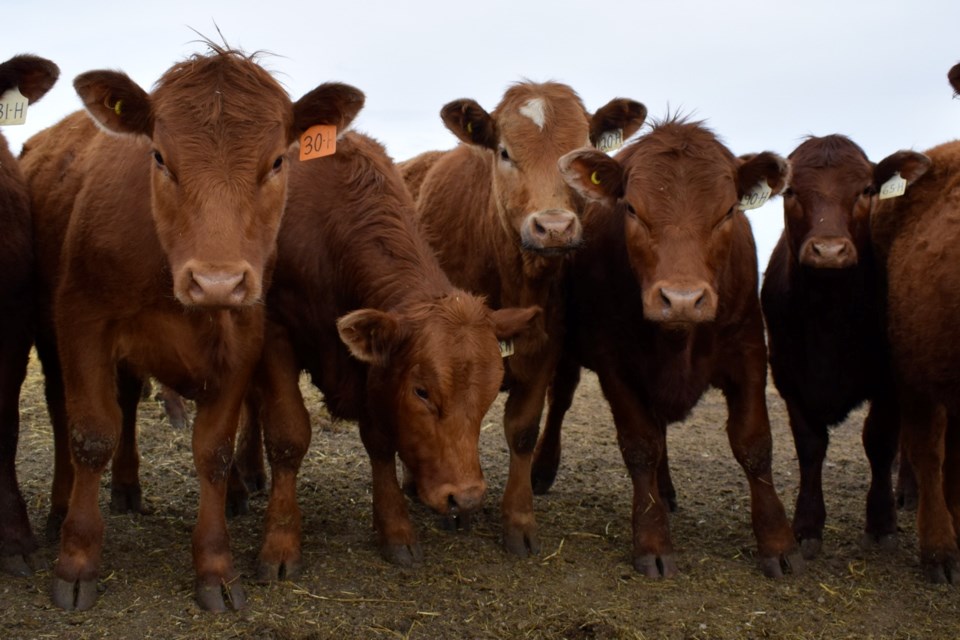YORKTON - The farm media headlines of late seem to oft be dominated by health concerns in the livestock sector.
You will recall the headlines regarding African Swine Fever.
In August 2018, China reported the first African swine fever outbreak in Liaoning province and by September the country had culled more than 38,000 hogs.
In less than a year the virus was reported to have spread to every region of China, as well as parts of Â鶹ÊÓƵeast Asia, including Cambodia, Laos, Thailand and Vietnam. The Chinese pig population was reported to have declined by almost 100 million compared with the previous year.
The disease has popped up in Europe, and Russia and is of huge concern in terms of what damage it could do in North America.
The Avian Bird Flu is making headlines now, not just for the damage it can cause in domestic bird flocks, but because it has jumped species and is appearing now in dairy cattle here in North America.
While not as deadly to cattle at this point, that the virus has jumped species has to be considered troubling in terms of how one traces its movement, and just where it might pop up next.
In North America at least, much of the swine, dairy and poultry production are in larger units, which is both good and bad I suppose when it comes to the movement of disease.
Certainly large units tends to be more separated than in the days of my youth when every neighbour – and there were more then – had a few chickens and pigs and several with cattle too.
But when a disease hits a unit today, the losses can be significant in a hurry.
Certainly bio-security is higher today.
It was a big change to have a boot bath put in so visitors at least dipped their boots into a disinfectant for a brief second in the pig barn of my youth.
Today access is more akin to a university bio-lab. The threat of disease is understood by most producers who work at keeping flocks and herds safe.
Still, imagine a disease affecting birds, then think of sparrows and magpies, and mallards flying all over the continent. Controlling the spread becomes a huge task.
For the livestock sector health has to be one of the biggest concerns they deal with, and it certainly brings into focus the need for diligence, but also investment in health security systems and or course treatments and vaccines to protect the livestock sector.






